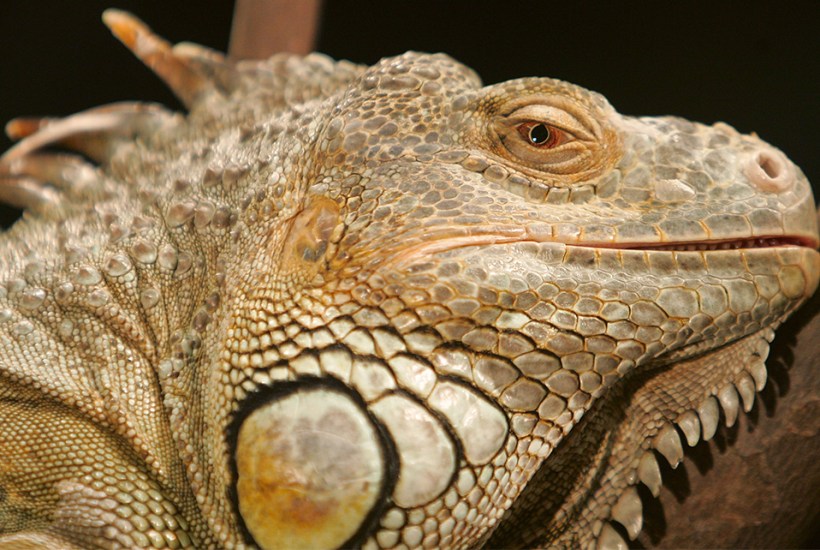In Competition No. 3338 you were invited to submit an essay on the topic of evolution in the style of the writer of your choice.
In a top-notch entry, Basil Ransome-Davies’s twist on Larkin’s ‘Annus Mirabilis’, Janine Beacham’s Edgar Allan Poe and Russell Chamberlain’s imagining of Kipling’s final Just So story, How Every Creature Got All Its Characteristics, earn honourable mentions:
I have pondered in times numerous, as via fossils, skull to humerus,
how our ancestors developed through six million years or more –
and agreed with the solution, as per Darwin, evolution;
thus, the change from apelike primates to bipedal I’ll explore.
’Tis
Already a subscriber? Log in
Subscribe for just $2 a week
Try a month of The Spectator Australia absolutely free and without commitment. Not only that but – if you choose to continue – you’ll pay just $2 a week for your first year.
- Unlimited access to spectator.com.au and app
- The weekly edition on the Spectator Australia app
- Spectator podcasts and newsletters
- Full access to spectator.co.uk
Unlock this article
You might disagree with half of it, but you’ll enjoy reading all of it. Try your first month for free, then just $2 a week for the remainder of your first year.








Comments
Don't miss out
Join the conversation with other Spectator Australia readers. Subscribe to leave a comment.
SUBSCRIBEAlready a subscriber? Log in